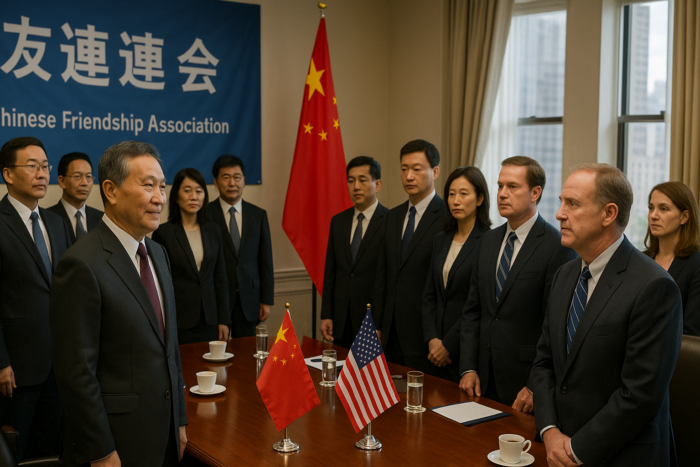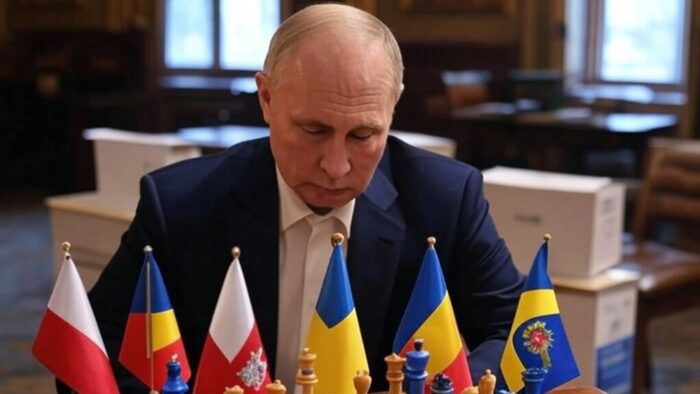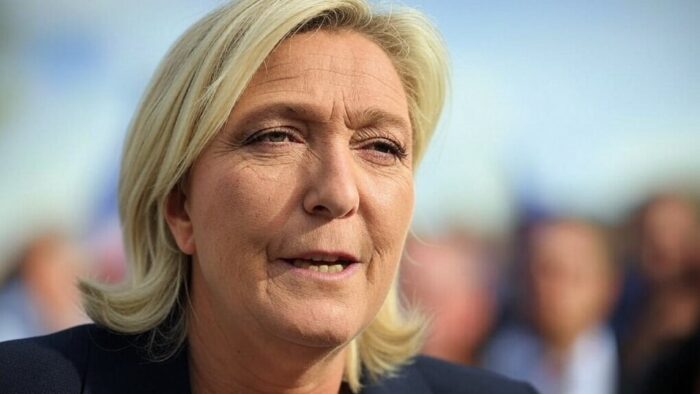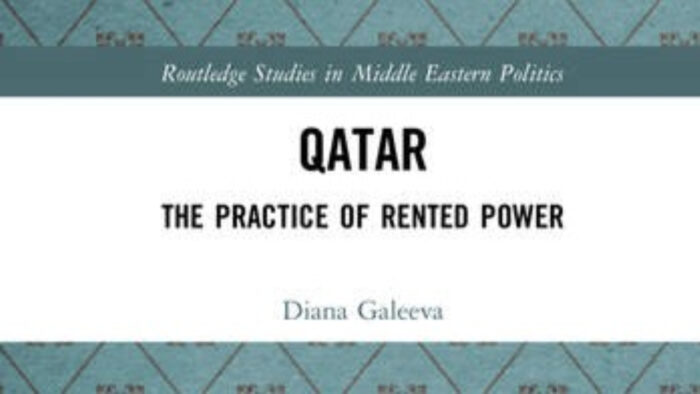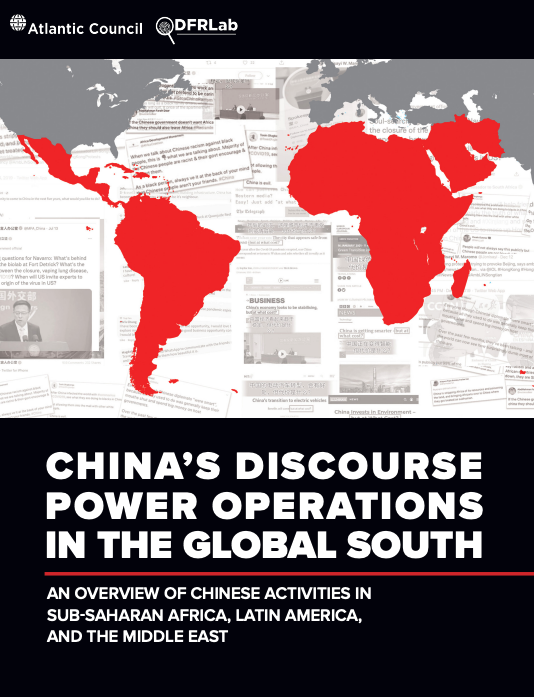NATO’s Centre of Excellence for Countering Hybrid Threats has published a study examining China’s use of non-state actors (NSA) as state proxies, arguing that under Xi Jinping, the political control of the Chinese Communist Party (CCP) has advanced in all non-state, non-party organizations. According to the study:
June 2021 In addition to visible state power, corporations and civil society represent an additional power dimension for the Party. While the lack of transparency complicates the identification of state proxy NSAs [non-state actors, ed.], different entities within the larger united front approach nonetheless enable large-scale espionage, influence operations, and political and economic coercion. Losing key technology to China through corporate takeovers or joint ventures risks increasing dependency on China. It also creates vulnerabilities to political influence and espionage, as Chinese companies are required by law to cooperate with Party officials.
Read the full study here.
The study also provides an overview and examples of the main proxy non-state actors of the Chinese state that are active internationally, listing united front-related actors, SOEs, GONGOs, as well as media- and academia-related actors and their activities abroad. According to the study, all actors and their activities discussed can be considered part of the more wide-reaching united front work. Following Chinese influence actors are identified:
- United front-related actors:
- The Council for the Promotion of the Peaceful Reunification of China (CPPRC)
- The China International Culture Exchange Centre (CICEC)
- The China Association for International Friendly Contact (CAIFC)
- Wenzhou Federation of Industry and Business
- State-controlled enterprises:
- Huawei
- Export-Import Bank of China
- China Development Bank
- Industrial & Commercial Bank of China
- Sino-sure
- Skyrizon Aviation
- BGI Group
- China National Fisheries
- State-organized NGOs:
- China’s Red Cross
- Media:
- Xinhua
- CGTN
- China Radio
- China Daily
- The People’s Daily
- China Central Television
- China News Service
- Global Times
- Asiaskop
- Academia and think tanks:
- Confucius Institutes
- Chinese Scholars Associations
- Institute for China-America Studies
- China-CEE Institute
- Chinese Academy of Social Sciences
- Online and digital actors
- Paid internet trolls
- Fifty Cent Party (wumao)
The Global Influence Operations Report (GIOR) has covered Chinese influence operations abroad, including:
- In July, we reported that the New York Times covered a Chinese influence operation on YouTube, first exposed by a GIOR investigation in March.
- In June, we recommended a report on China’s foreign influence operations in Canada.
- In May, we reported that China had become the top spender on foreign influence operations in the US, with Chinese foreign agent spending skyrocketing from just over $10 million in 2016 to nearly $64 million in 2020.

